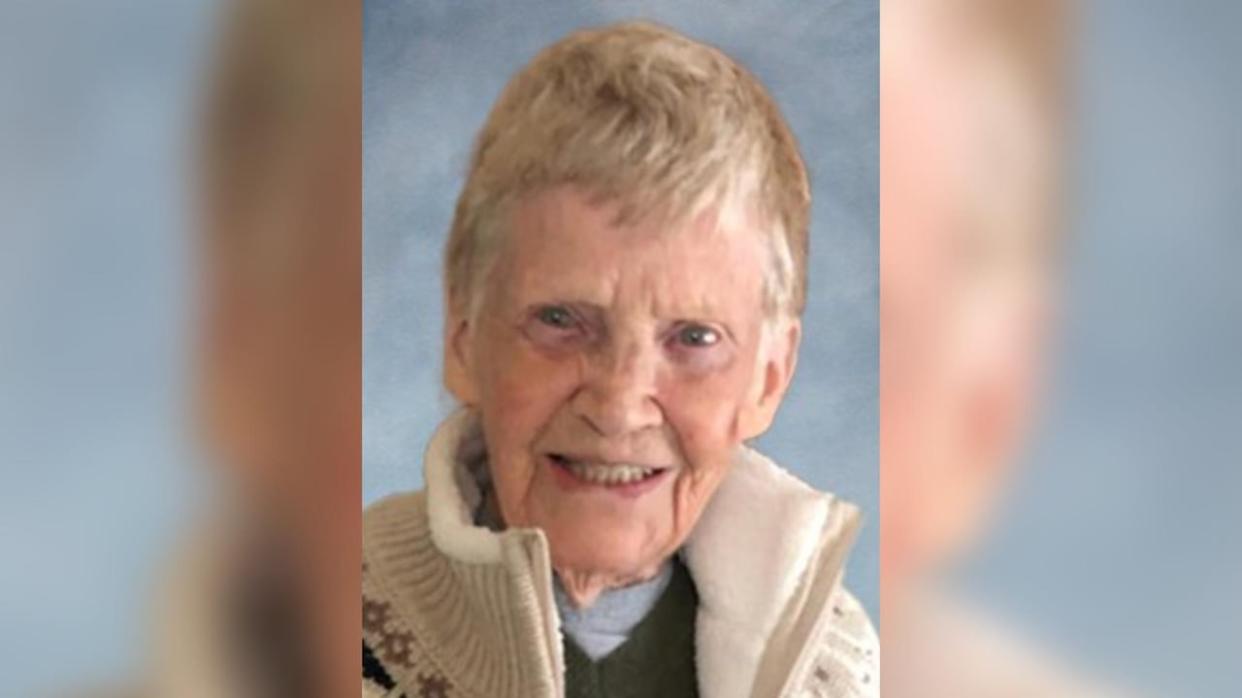2 more pit bulls to be put down following fatal attack on 86-year-old Calgary woman

Two pit bulls responsible for killing an 86-year-old woman will be put down, a Calgary judge has ruled.
Three American Staffordshire terriers attacked Betty Ann Williams in the alley behind her home in June 2022.
One dog named Smoki has already been destroyed, but Rabie Ahmed, the lawyer for the dogs' owner, argued the other two should be spared because there was no evidence they were involved in the fatal attack.
On Thursday, Justice Bruce Fraser disagreed.
"All three dogs were attacking Ms. Williams and participated in causing her horrific injuries," said Fraser.
"These dogs should not be returned to the community because they are a high risk and danger to the public," said Fraser.
'A most horrible death'
Dog owner Denis Bagaric was visibly emotional after Fraser rendered his decision.
On June 5, 2022, Bagaric's dogs — Bossii, Cinnamon and Smoki — escaped his fenced backyard in the northwest community of Capitol Hill, according to the agreed statement of facts.
Williams was attacked in the back alley, where she was gardening. She suffered injuries to her entire body with the most serious injuries to her head, jaw, neck and face.
Fraser noted on Thursday that Williams's lip and ear were ripped off and her scalp was torn open.
"Ms. Williams met a most horrible death," said the judge.
In February, Bagaric pleaded guilty to two offences under City of Calgary bylaws. He was fined $18,000 and banned from owning pets for 15 years.
The case sparked a separate independent review because it took 30 minutes from the time the 911 call was made to when paramedics arrived and treated Williams.
The Health Quality Council of Alberta concluded the initial emergency call was incorrectly coded to indicate the attack was not life-threatening, leading to the response time becoming twice as long as it should have been.

